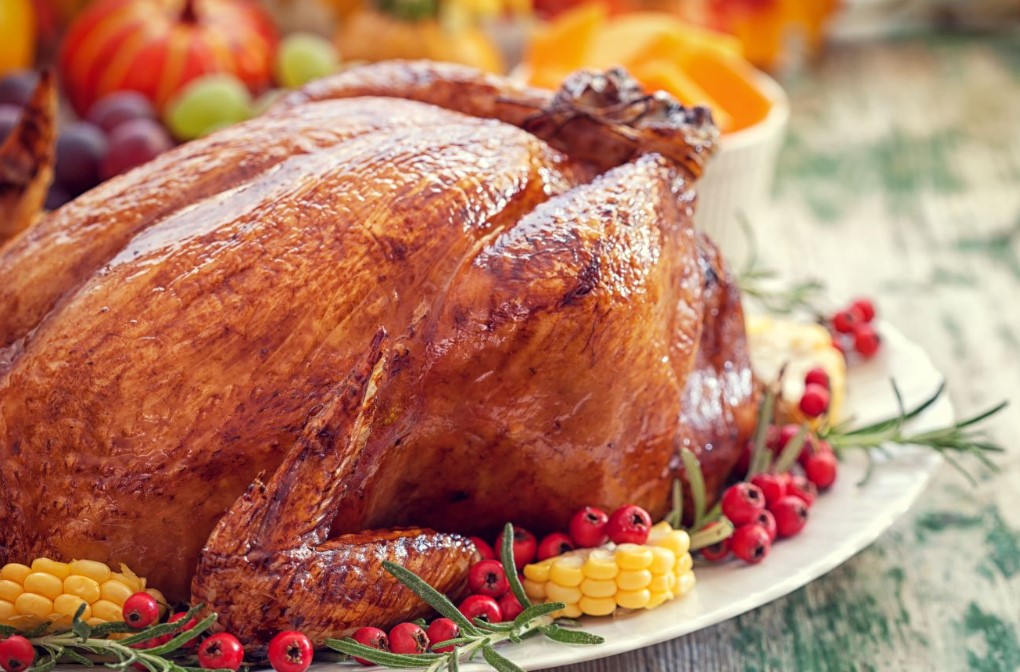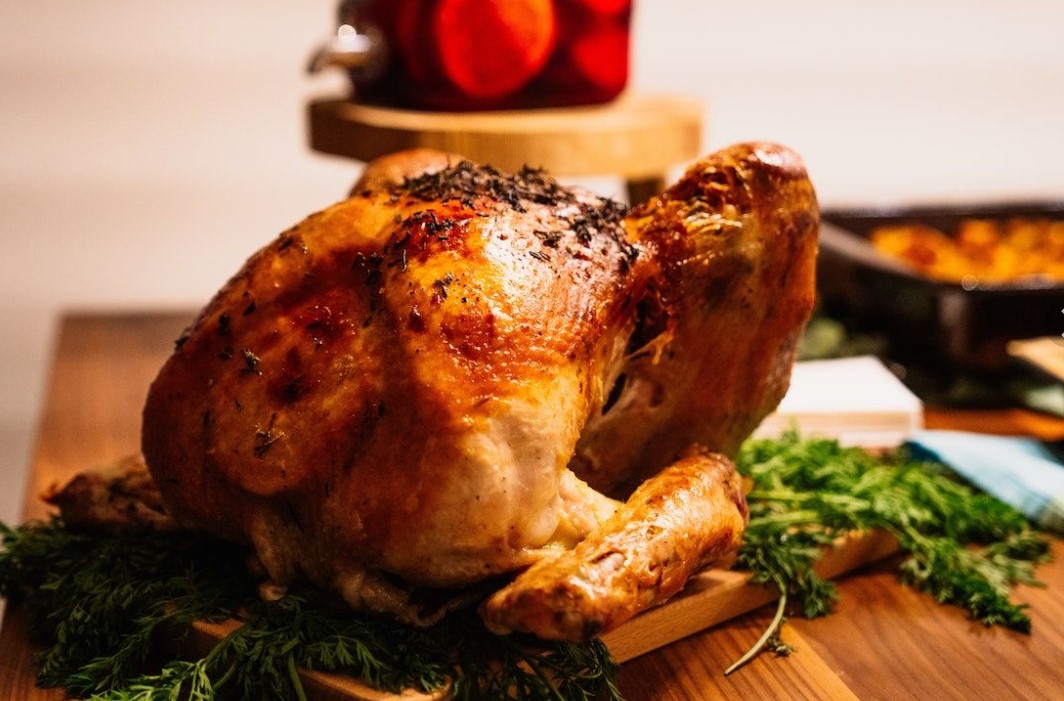Can I Eat Turkey While Pregnant? There are several options for a healthy Thanksgiving meal. You can opt for a grass-fed turkey. You can also choose turkey that is free of antibiotics and hormones. Some examples of turkey you should avoid include processed meats and stuffing. Also, there are plenty of healthy, delicious alternatives to Indian food trucks.
Grass-fed turkeys
Turkey is an excellent choice for pregnant women because it is a good source of protein and vitamins. Look for pasture-raised turkeys, which are better for you than supermarket-bought varieties, as they contain more omega-3 fats. When cooking turkey, you should remove the skin to obtain lean meat with little fat. The best way to prepare turkey is to cook it to 165 degrees F (75 degrees C) before serving.
Turkey is also a great source of amino acids, which can prevent and alleviate many types of reproductive disorders. It is also high in B vitamins, including B3, which support amino acid formation and helps the body produce neurotransmitters. In addition to this, turkeys are a good source of B12, which is needed for red blood cell formation and DNA synthesis.

Another way to ensure that turkeys are safe to eat while pregnant is to choose those that are 100% grass-fed. Purchasing these turkeys may be harder to find than conventional meat, but they are worth the extra effort.
Processed meats
Processed meat is one of the most dangerous foods for pregnant women to consume. These foods contain bacteria, which can cause an illness called listeriosis. In fact, pregnant women are 10 times more likely to get this disease than the general population. However, there are some steps you can take to reduce your chances of getting this disease.
Processed meats should be cooked before consumption. If you eat hot dogs or bacon, make sure to heat them to 165 degrees Fahrenheit. Bacon should also be thrown away after a week. Preservatives found in processed meats, such as nitrates, should also be avoided. They are linked to an increased risk of cancer in women who regularly consume them. Furthermore, they can increase the risk of preterm birth for women taking certain medications.
If you’re pregnant and want to avoid Listeria during your pregnancy, avoid deli meat. It contains a lot of sodium and saturated fats, and you should eat it only in moderation. Additionally, be sure to wash your hands after handling raw meat. This could spread bacteria and parasites. Salmonella and listeria are two common bacteria found in deli meat, and they are harmful to a pregnant woman’s unborn child.
Stuffing
Turkey is a great lean protein source, and it is packed with B vitamins, which are especially important during pregnancy. Turkey is versatile, and can be cooked in a variety of ways. However, there are some important precautions to take when cooking turkey. You should make sure that it is cooked to the right temperature and not overcooked. It is a good source of protein, selenium, phosphorus, and vitamins B3, B6, and B12.
Turkey should only be eaten in moderation during pregnancy. If you are unsure about whether to eat turkey during pregnancy, consult your doctor. Some meats are known to cause pregnancy complications, so you should limit the amount that you consume. In addition, it is important to note that deli meats may contain listeria bacteria, which can survive in cold temperatures. However, chicken that is recently cooked is generally safe to eat.
Smoked turkey is also safe to eat during pregnancy, but make sure that you cook it properly. Avoid eating cold or room-temperature turkey. Smoked meat must be at least 165 degrees F/75 degrees C. This temperature destroys the potentially harmful PAH, which is likely to be carcinogenic. You should also be careful with grilled turkey, as it can contain bacteria that can harm the baby.
Leftover turkey

It’s not a good idea to eat turkey left overs if you’re pregnant. There are several risks associated with this meat, including bacterial contamination. Turkey that has been partially cooked for more than two hours is likely to harbor bacteria. This bacteria can grow back on the meat if it’s left at room temperature for a few hours or more. To protect yourself from this risk, it’s best to cook your turkey thoroughly before you consume it.
While turkey is generally safe to eat during pregnancy, it should be reheated and properly refrigerated to avoid bacteria. Pregnant women’s immune systems are not as strong as their partners’, and they are particularly vulnerable to harmful microorganisms. Therefore, it’s important to reheat leftover turkey to 165 degrees Fahrenheit before eating it. Besides, bacteria multiply rapidly in warm food, so cooking your leftover turkey properly will help protect your baby.
Turkey is high in protein and has many other nutrients that can benefit your baby. However, you should avoid turkey that has been contaminated with listeria, which can lead to pregnancy complications. Instead, opt for turkey that has been cooked thoroughly and is from a healthy, organic source.

